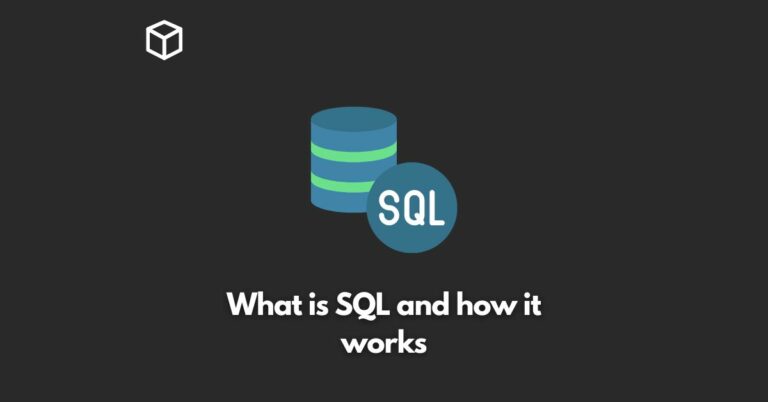Cron jobs are a way to automate tasks on a server. In this article, we will learn how to create a cron job using PHP.
Cron jobs are useful for tasks such as running scripts, sending emails, or updating databases.
In this tutorial, we will be using a PHP script to create a cron job.
Prerequisites
- A server running a PHP-enabled web server
- Access to the server’s terminal or command line interface
Writing the PHP Script
The first step in creating a cron job using PHP is to write the PHP script that you want to run.
For this example, we will be writing a script that outputs the current date and time to a text file.
<?php
$date = date("Y-m-d H:i:s");
$file = fopen("cron_job.txt", "a");
fwrite($file, "Cron job ran at: " . $date . "\n");
fclose($file);
?>Save the PHP Script
Save the PHP script to a location on your server.
In this example, we will be saving it to the root directory.
Setting Up the Cron Job
Now that we have our PHP script, we can set up the cron job.
To do this, we need to access the terminal or command line interface on our server.
Accessing the Cron Job
Interface To access the cron job interface, enter the following command in the terminal or command line interface:
crontab -e
Adding the Cron Job
In the cron job interface, add the following line to create the cron job:
* * * * * /usr/bin/php /path/to/script.php
This line tells the cron job to run the PHP script located at /path/to/script.php every minute.
The first five asterisks represent the minute, hour, day of the month, month, and day of the week, respectively.
Saving the Cron Job
Save the cron job by exiting the cron job interface.
Testing the Cron Job
To test the cron job, wait a minute and then check the contents of the text file that we specified in our PHP script.
If everything is working correctly, the text file should contain the current date and time.
Conclusion
In this tutorial, we learned how to create a cron job using PHP.
By following these steps, you can automate tasks on your server using a PHP script.
Remember to always test your cron jobs before deploying them to a live server to ensure that they are working correctly.




